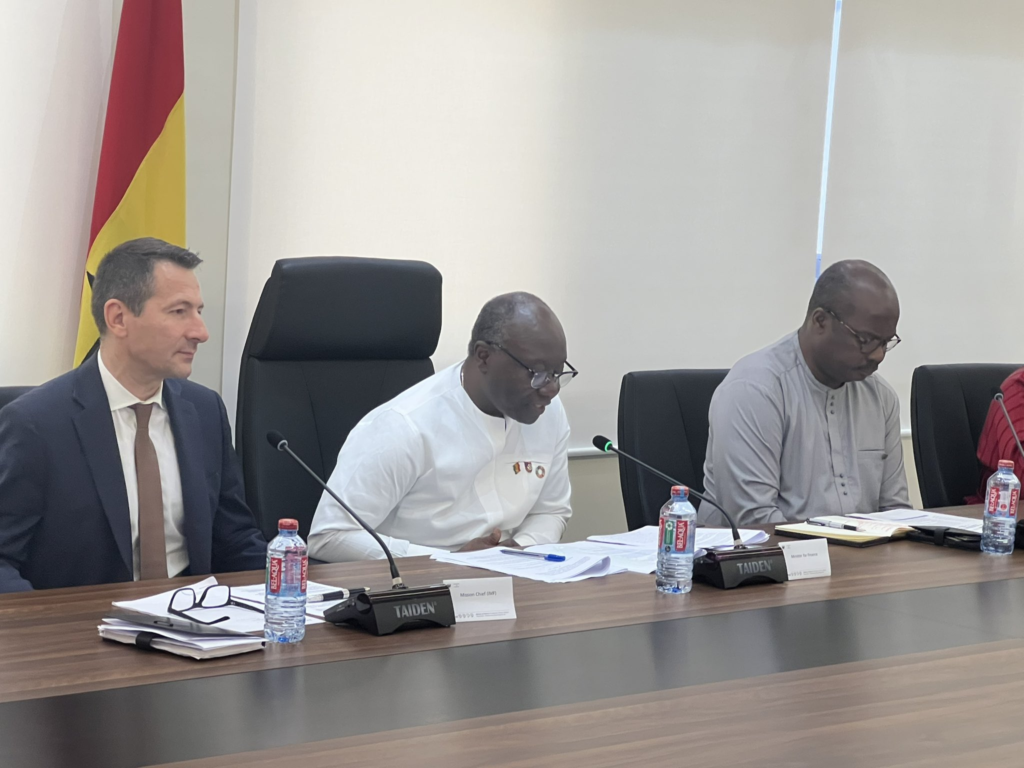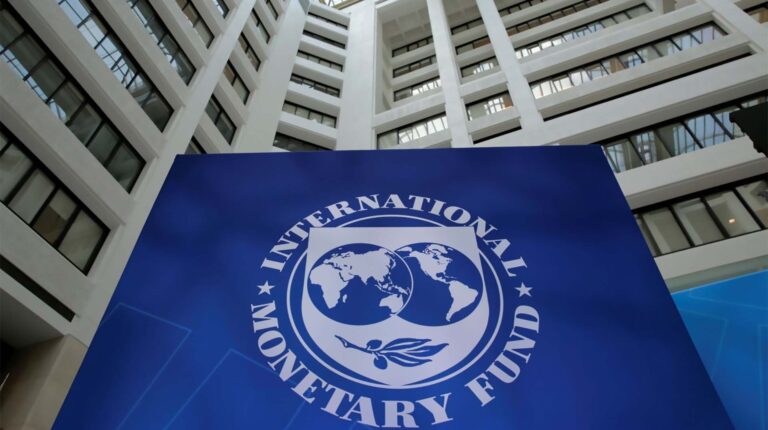The International Monetary Fund (IMF) and the Ghanaian government have reached a staff-level agreement on the first review of a $3 billion loan programme, which will clear the way for a disbursement of $600 million when approved by IMF’s executive board.
The IMF staff team led by Mr. Stéphane Roudet, Mission Chief for Ghana, held meetings in Accra from September 25 to October 6, 2023, to discuss progress on reforms and the authorities’ policy priorities in the context of the first review of Ghana’s three-year program under the Extended Credit Facility.
“To ensure timely completion of the review, the country needs official creditors to quickly reach agreement on a debt treatment in line with the financing assurances they provided in May 2023,” the IMF said in a statement on Friday.

The three-year extended credit facility is contingent on domestic and external debt restructuring, spending cuts and other fiscal adjustments.
In May, Ghana received first $600 million tranche of the loan from the IMF.
The IMF has cited that growth had been more resilient than initial expectations, with declining inflation, a more stable exchange rate and better fiscal and external positions.
At the end of the mission, Mr. Roudet made the following statement:
“I’m very pleased to announce that the IMF staff and Ghanaian authorities have reached a staff-level agreement on the first review of Ghana’s economic program under the Extended Credit Facility arrangement. This staff-level agreement is subject to IMF Management approval and Executive Board consideration once the necessary financing assurances have been received. An agreement with official creditors on a debt treatment in line with program parameters would provide the needed financing assurances. Upon completion of the Executive Board review, Ghana would have access to SDR 451.4 million (about US$ 600 million), bringing the total IMF financial support disbursed under the arrangement, since May 2023, to SDR 902.8 million (about US$1,200 million).
“Faced with an acute economic and financial crisis, the authorities have adjusted macroeconomic policies, successfully completed their domestic debt restructuring operation, and launched wide-ranging reforms. These actions are already generating positive results, as growth in 2023 has proven more resilient than initially envisaged, inflation has declined, the fiscal and external positions have improved, and the exchange rate has stabilized.
“Consistent with the authorities’ commitments under the Fund-supported program, fiscal performance has been strong, and Ghana is on track to lower the fiscal primary deficit on a commitment basis by about 4 percentage points of GDP in 2023. Spending has remained within program limits. To help mitigate the impact of the crisis on the most vulnerable population, the authorities have significantly expanded social protection programs. On the revenue side, Ghana has met its non-oil revenue mobilization target. Ambitious structural fiscal reforms are bolstering domestic revenues, improving spending efficiency, strengthening public financial and debt management, and enhancing transparency.
“In light of Ghana’s compelling performance under the Fund-supported program, the critical next step is to secure an agreement with official creditors on the terms of a debt treatment consistent with the IMF Executive Board-approved program parameters and debt targets. We urge official creditors to move forward and agree on an appropriate debt treatment in line with the financing assurances they provided in May 2023.”









